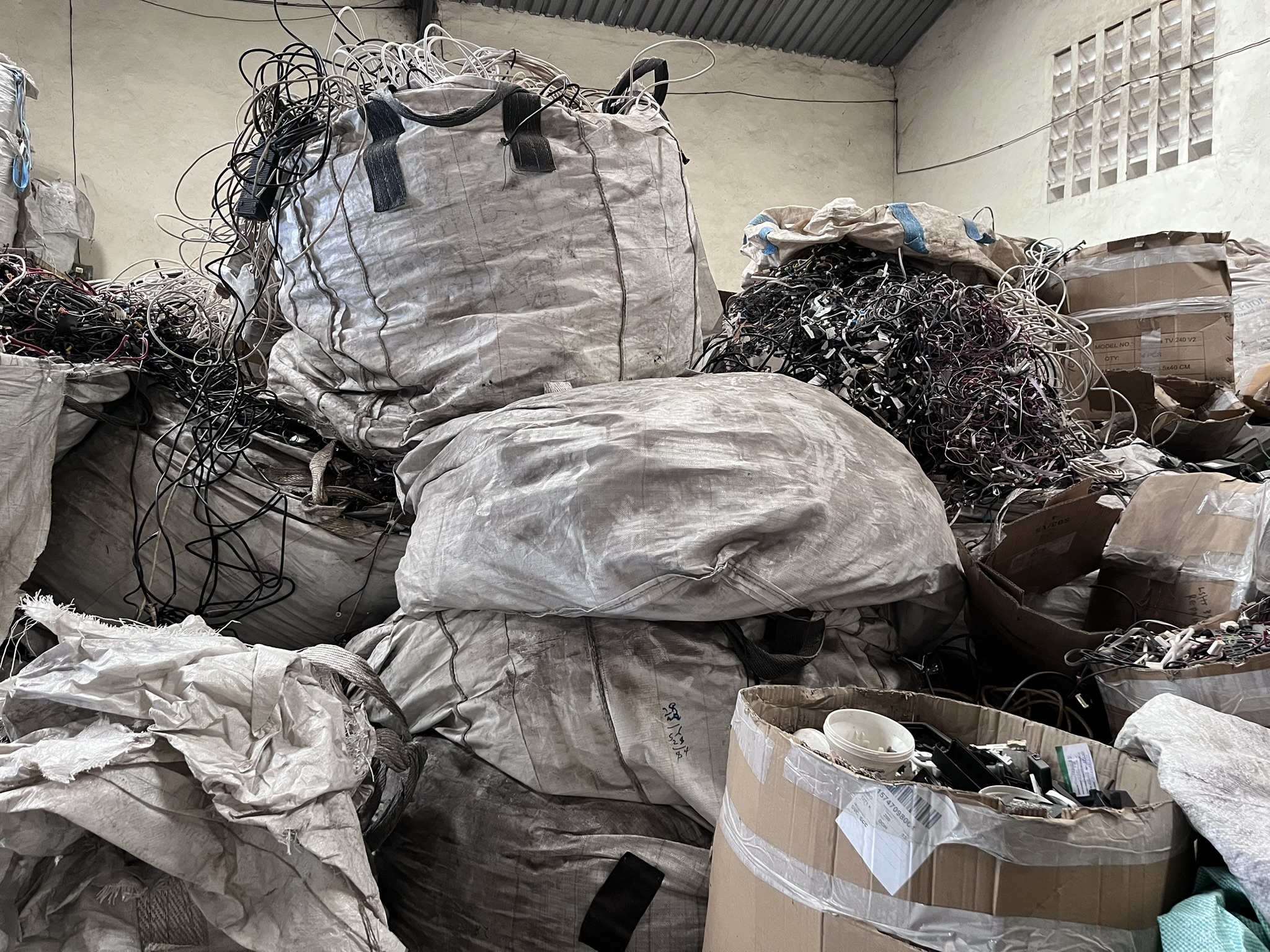Nairobi, 3rd September 2025 – Kenya is set to host the first Waste Electrical and Electrical Equipment (WEEE) Innovation Summit, which will take place from 16–18 September 2025 at Strathmore Business School, Nairobi.
It’s part of the Kenyan-German GreenTech Innovation Program on WEEE (2024–2025), funded by the German Federal Ministry for the Environment, Nature Conservation, Nuclear Safety and Consumer Protection (BMUKN) under its Export Initiative Environmental Protection and implemented by AHK Services Eastern Africa Ltd. The program is designed to strengthen Kenya’s e-waste sector through research, knowledge-sharing, and innovation.
The first day will feature an official opening and showcases on informal sector models and lithium-ion battery reuse. The program will also include pitches from Kenyan and German WEEE companies, as well as the announcement who won a competition among Kenyan recyclers for the use of a German recycling machine. Days two and three will be dedicated to invite-only workshops facilitated by German and Kenyan experts, covering topics such as WEEE collection models, scalable business solutions, SME capacity-building, and recycling technologies.
Kenya generates an estimated 80,000 tons of WEEE annually. Yet only two licensed facilities formally recycle a small fraction of this (around 240 and 135 tons per year each), while most e-waste is managed by informal actors with limited equipment or disposed of without proper safeguards. With the gazetting of the Extended Producer Responsibility (EPR) regulations in November 2024, Kenya has become the first country in East Africa to make producers responsible for the full life cycle of their products, from creation to disposal. This landmark policy shift is expected to expand take-back schemes, strengthen the role of Producer Responsibility Organizations (PROs), boost investment in recycling infrastructure and support the cost models for recycling negative business cases in WEEE. For companies, it means stronger obligations, but also the chance to benefit from a rapidly growing circular economy sector, particularly in the field of electronic waste.
Speaking at the event, Christian Engels, General Manager of AHK Services Eastern Africa Ltd, said, “E-waste is one of the fastest-growing waste streams in Kenya, and tackling it requires international partnerships and close collaboration between private sector players and the government. Through our program, we are linking German know-how and EPR experience with Kenyan innovation. Together with our partners, we are transforming regulatory changes into practical solutions that support companies across the e-waste value chain and promote circularity and sustainability.”
Speakers at the Summit include Alexander Fierley, Deputy Head of Mission at the German Embassy Nairobi, Dr. Ayub Macharia, Director at the National Environment Management Authority (NEMA), Zilpher Owiti, Ag. CEO at the ICT Authority, Lea von Bressensdorf, Co-Project Lead at the Chambers for GreenTech, DIHK Service GmbH (the institution overseeing all projects under BMUKN’s Export Initiative Environmental Protection) and Christian Engels, General Manager of AHK Services Eastern Africa Ltd.
Beyond the summit, the program has already delivered a comprehensive baseline study on WEEE flows (which can be found here: Market Analysis & Market Entry), capacity support for the Electronic Producer Responsibility Organization of Kenya (EPROK), and expert exchanges between German companies and Kenyan stakeholders on WEEE.






